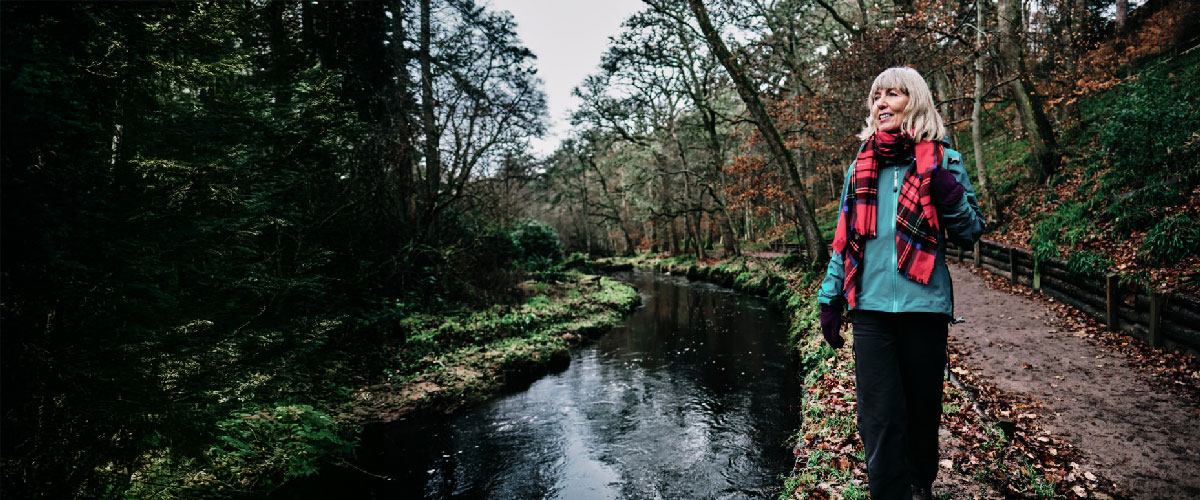Go paper-free
Amend paper-free preferences for your statements and correspondence.
Scammers join social media sites and dating apps to set up fake profiles. They build relationships with people, then ask for money.
Fraudsters spend time building up relationships online by chatting to people in a way that gains trust. Someone caught up in the scam might not know what’s happening, and their family and friends can’t help if they don’t know about it.
Once they earn a person’s trust, they can influence them to take actions like sending money.
Only a fraudster will ask for sensitive information, such as passport details or bank account access.

This is a true story that shows how common romance scams work.
“I joined a Facebook group of a film I loved and a member called Paul sent a private message. We stayed in the group until Paul suggested WhatsApp, where our chat became more about our lives.
We messaged daily and Paul shared photos of himself, some with his daughter. We even spoke on the phone, but Paul never wanted to video call.
Sadly, Paul’s bank account was blocked and he couldn’t get any money. He sent photos of bank statements showing £1 million was due to clear and more in savings. I agreed to help and sent gift cards and some money.
Then suddenly, Paul’s daughter fell ill and needed an urgent kidney transplant. I saw photos of her in hospital and the doctor caring for her sent a message. Paul was overseas with the army. He asked me to pay the hospital bill, promising to pay me back when his bank was okay to use again. I said yes and had to send money to a lady named Monique, who dealt with the payments for the hospital.
I couldn’t afford to send anymore, but Paul suggested I get a loan. This made me nervous, so I told my daughter who made me realise I’d been the victim of a romance scam.
I ended the relationship but lost over £14,500. If I hadn’t told my family, I could have lost a lot more than just my money.
It took me a while to get over Paul, but I’m happy now and with someone I’ve met in person who loves me. If a relationship feels pressured or secretive, never be afraid to talk to someone about it as it could be a fraudster.”
It’s not just losing money that hurts with a romance scam. Finding out that a relationship is not real can cause upset, embarrassment and shame.
But there’s nothing to be ashamed or embarrassed about. Romance scams happen more than you’d think.
To report a romance scam, call Action Fraud on 0300 123 2040or visit actionfraud.police.uk in England and Wales. In Scotland, you can contact the police on 101
Always phone 999 in an emergency.